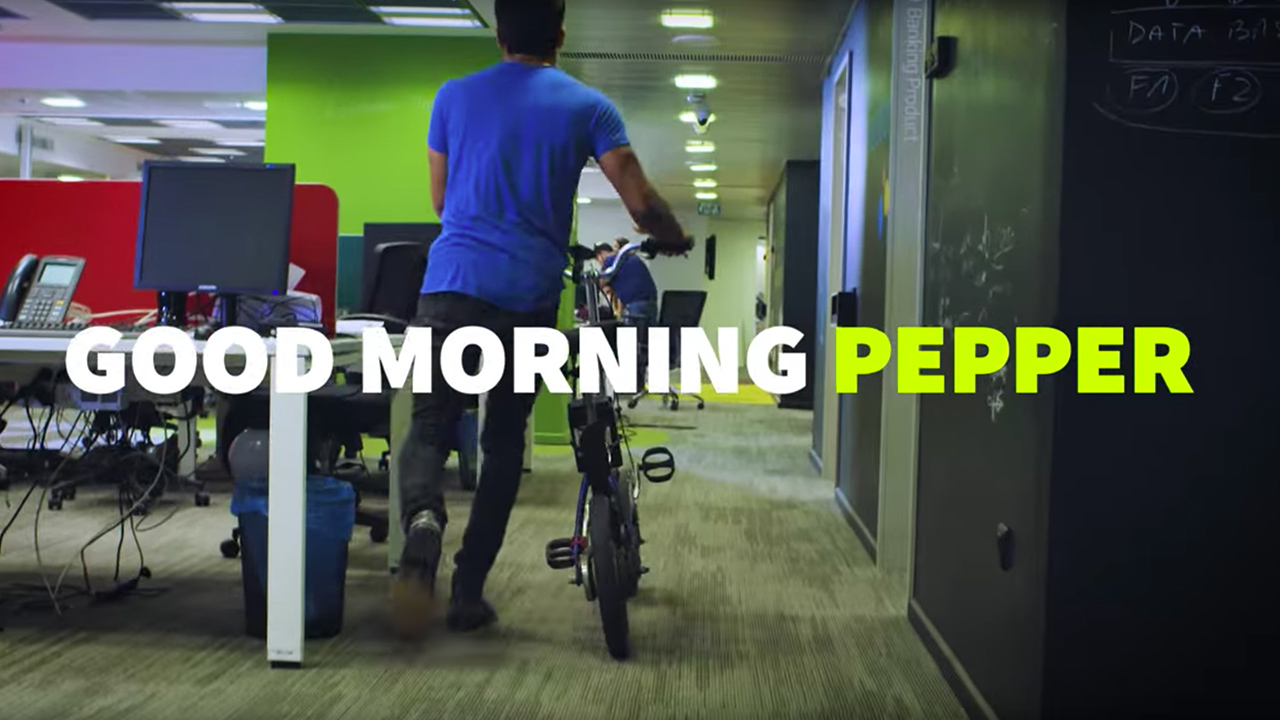Designing new products, Member Exclusive, New banks
“All those things that bug you about how you bank, we can change,” Jenius Bank’s President John Rosenfeld
- Discover how this digital banking newcomer is creating a customer-focused experience while achieving impressive financial milestones.
- From eliminating fees to 24-hour support and comprehensive financial tools, Jenius Bank's strategy prioritizes customer confidence while developing innovative technology to serve as customers' central financial hub.
Rabab Ahsan | April 29, 2025
New banks
Banking Without Borders: How Lili is making US banking accessible to international SMBs
- A quarter into 2025, Lili, a small business banking platform, is exploring a more fluid approach to global expansion.
- Lili’s international move involves pulling entrepreneurs into the US SMB banking ecosystem, giving them a pathway to start and manage their businesses stateside.
Sara Khairi | April 03, 2025
New banks, Path to growth
How Grasshopper uses team building and customer acquisition strategies to catalyze its growth
- Grasshopper has recently grown its talent pool by bringing on four new executives to fill key roles in startup banking, embedded finance, product management, and SMB/SBA lending.
- We look at how team building is intertwined with Grasshopper’s growth strategy and its growth trajectory two years post-relaunch.
Sara Khairi | September 26, 2024
New banks
Stash’s new CMO, Jackie Stern on building big partnerships and the importance of simplifying products and communications in finance
- As investment service Stash matures, it's made a series of key hires in the C-suite.
- CMO Jackie Stern joins Stash as the firm works to scale its username, expand its product sets, and move into the next stage of its growth.
Zachary Miller | February 28, 2024
New banks
Looking back and moving forward: How neobanks tackled 2023 and what they expect from 2024
- 2023 wasn't the best year for traditional banks, but were neobanks any better off?
- Hear from Chime and Panacea Financial about the challenges they faced in 2023 and what they think the new year will hold.
Rabab Ahsan | January 04, 2024








